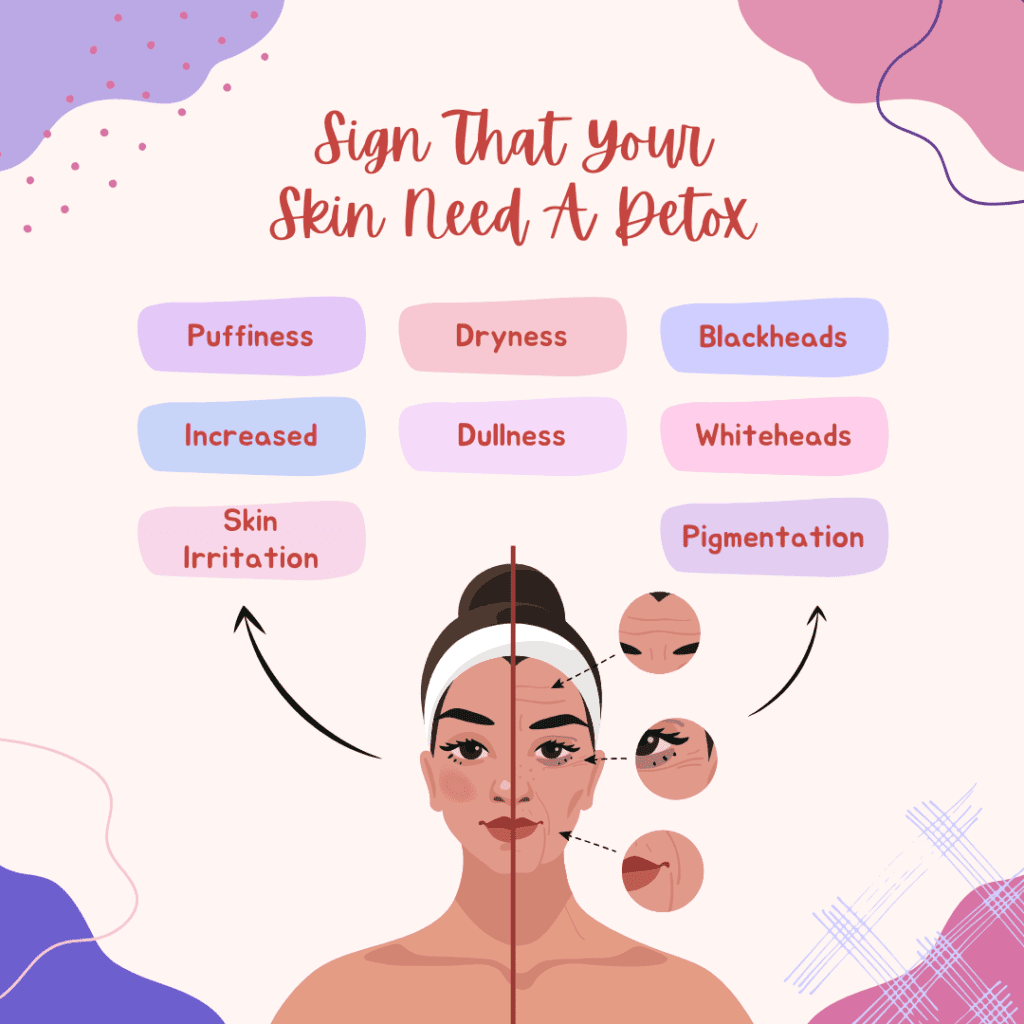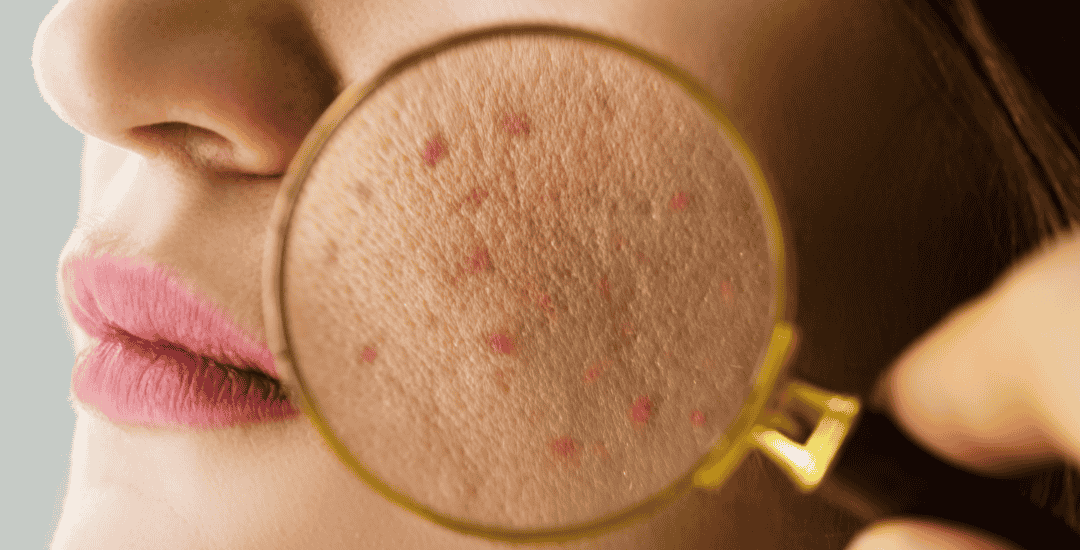How Long Does Post Inflammatory Erythema Last?
Depending on the seriousness, skin type, and therapy, post inflammatory erythema (PIE) can persist a few weeks to more than one year. Severe cases can last 12+ months, but mild ones may disappear in 36 months. Healing can be accelerated by skincare and sun protection.
What Drugs Are Used to Treat Post Inflammatory Erythema?
Topical treatments include: Niacinamide, ascorbic acid, azelaic acid: Lower redness and inflammation.
Enhance skin turnover by using retinoids (tretinoin, adapalene).
Orally administered drugs: Control inflammation with low dose antibiotics (doxycycline, minocycline) and antihistamines. Isotretinoin For severe circumstances.
Professional services: Speed up skin recovery with laser therapy (pulsed dye, IPL), chemical peels, and micro needling.
Table of Contents
Intro for Post Inflammatory Erythema (PIE)
Have you ever come across a persistent pimple or injury red mark that stays put no matter how much you try to scrub it off? This stubborn red mark is called Post Inflammatory Erythema (PIE). These marks can be quite annoying as well as dent one’s self-esteem. Pooling blood vessels cause PIE unlike hyperpigmentation which is skin’s overreaction to sudden trauma. But there is hope; the right treatment can greatly reduce or even completely remove these marks. In this article, we will closely examine the intricacies of PIE including its causes, treatment, and preventive measures.

What is Post Inflammatory Erythema (PIE)?
An inflammation process causes damages to blood vessels resulting in red, pink or purple marks on the skin. This skin condition is referred to as Post Inflammatory Erythema (PIE). The resultant marks on skin can be attributed to blood vessels bursting and hence discoloration. These marks usually affect people with gentle and pale skin but nearly everyone is at risk.
On the other hand, PIE is the result of a vascular insult and therefore treated effectively differently than post inflammatory hyperpigmentation (PIH), which leads to dark brown spots because of overproduction of melanin.
Reasons and Causes of Post Inflammatory Erythema
Knowing the causes of PIE will help in its management. The most frequent are the following:
- Acne – One of the leading causes of PIE which is often triggered by popping certain zits or by a difficulty to manage acne ‘breakouts’ because they often leave behind marks.
- Inflammatory Diseases of The Skin – Eczema, rosacea, and any type of allergy reaction can result in skin inflammation and damage to blood vessels.
- Use of the Sun – Skin that has not been protected by a sunscreen will suffer from PIE due to the marked enhancement of the exposure of the redness.
- Trauma to The Skin, Sores Caused By Skin Picking – Picking skin sores, ungentle skin treatments will damage blood vessels and lead to PIE.
- Too Aggressive Skin Care Products – Skin exfoliators and ingredients that are classified as harsh can result in skin irritation and inflamed skin.

Remedies and Treatment for Post Inflammatory Erythema
Although PIE typically resolves on its own to some extent, there are interventions that can hasten the healing process. Here are a few widely accepted effective methods to erase those blemishes.
1. Topical Treatment
- Niacinamide – It took some time, but people now realize how much niacinamide helps improve the strength of the skin barrier and reduce irritation on the skin.
- Vitamin C – It slower the aging process because they lighten marks and helps promote the formation of collagen excellently.
- Centella Asiatica (Cica) – With cica, she can calm the inflammation and enhance the healing process of the tissues.
- Azelaic Acid – Renowned for its anti-inflammatory effects and skin cleansing abilities.
- Green Tea Extract – Antioxidant benefits and reduction of redness.
2. Medical Treatments
- Laser Therapy – Treats blood vessels and decreases vascular cutaneous marks using Vascular lasers such as Pulsed Dye Laser or Intense Pulsed Light.
- Micro Needling – Reduces PIE gradually while increasing collagen formation.
- Chemical Peels – A mid-level peel of lactic acid or mandelic acid may enhance skin tone and texture.
- Hydroquinone – May work in certain instances on PIE, albeit more known as a treatment for hyperpigmentation.
3. Home Remedies For PIE
- Aloe Vera Gel – Works well as anti-inflammatory and a soothing agent.
- Licorice Extract – Helps in soothing and cutting down skin redness.
- Honey Mask – Calms skin inflammation while also hydrating.
- Chamomile Tea Compress – Skin irritation soother while controlling redness.
4. Lifestyle Changes
- Wear Sunscreen – Prolonged sun exposure aggravates PIE, hence why an SPF 30+ is imperative.
- Stay Hydrated – Adequate skin moisturization facilitates healing.
- Healthy Diet – Faster healing is linked to a diet rich in antioxidants.
- Avoid Picking At Skin – Watery pimples with inflamed surrounding areas are PIE boosters.

Preventing Post Inflammatory Erythema Redness or PIE
Always try to prevent rather than treat, and in this case, PIE can be mitigated by following these steps:
- The skincare regimen must include no chemicals or strong exfoliation – A gentle skin barrage is the way to go.
- Genetically treatable acne must not be popped – See a dermatologist for treatment.
- Sunscreen must always be applied – This will also prevent the rash from getting redder.
- Apply moisturizer on a daily basis – This enables the skin to remain supple.
- Avoid inflicting unnecessary trauma to the skin – Pick at your blemishes at your own peril.
Most commonly asked questions
Q1. How long does PIE take to go away?
Depending on severity and treatment, PIE can take anywhere between weeks and months to go away.
Q2. Can PIE fade away without treatment?
Yes, PIE can fade naturally without treatment, but like all things, it is far more effective when treated properly.
Q3. Does sunscreen help with PIE?
Definitely! Over time, applying sunscreen will help relieve some irritation caused by PIE.
Q4. Is there an option for permanently getting PIE?
No, with the help of care and treatment, everything fades away. This includes PIE.
Q5. Can retinol help with PIE?
Indeed, retinol facilitates skin regeneration which helps lessen PIE within a long period of time. Do remember to apply sunscreen to avoid any potential irritation.

Conclusion
Post Inflammatory Erythema can indeed be annoying, but when treated correctly becomes very easy to remedy. Knowing the underlying causes, effective treatments and following a good skincare regimen helps hastens healing and prevents further marks from appearing on the skin.
Post acne marks treatment requires dedication. Be it topical applications, cosmetic interventions, or overload home therapies, they all require time and will provide results in the long run. And don’t forget–sunscreen is a must!
The smartest move is definitely seeing a dermatologist if it seems like your PIE is not going away after all efforts being put in.
Don’t hesitate to flaunt your skin after the red marks are gone.

